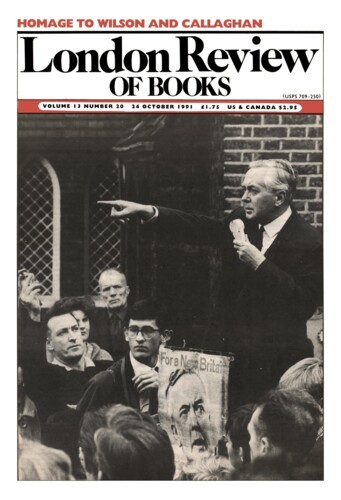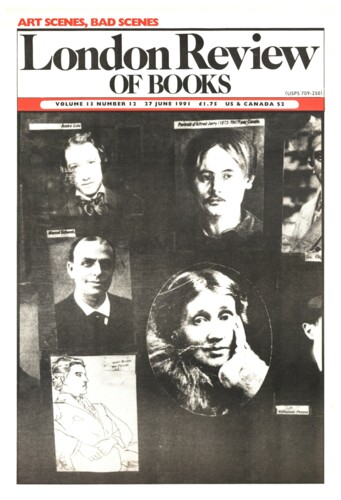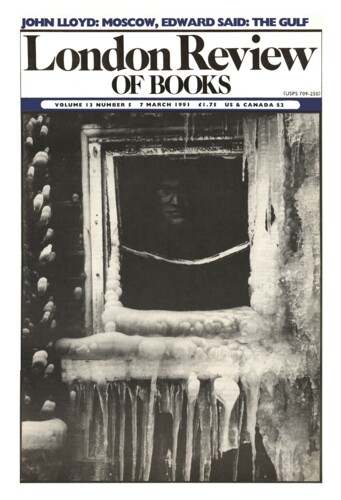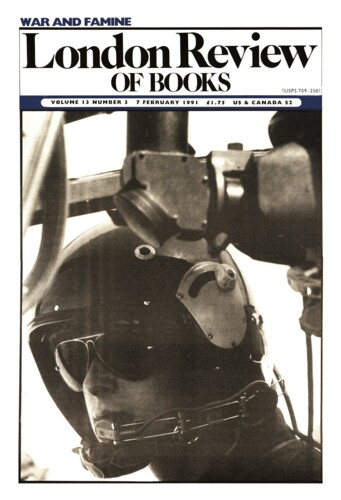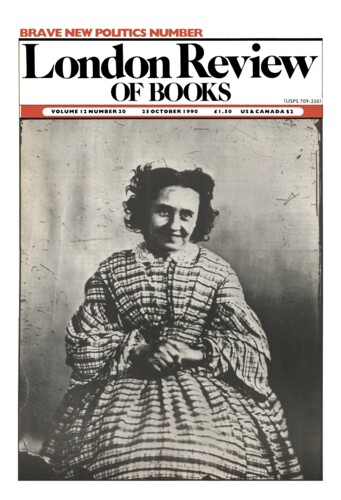Right as pie
Paul Foot, 24 October 1991
In Melbourne prison, Australia, in November 1906, Tom Mann, socialist agitator, aged 50, was visited by J. Ramsay MacDonald, newly-elected Labour MP for Leicester, aged 40. Nothing is recorded of what was said. Macdonald may have expressed his enthusiasm at the advance of the Labour Party. He had trebled his vote at Leicester, and the Party now had 29 MPs. He may well have looked forward to the ‘century of the Great Hope’ which so many new social democrats believed was certain to follow the triumph of socialist ideas at the polls. Tom Mann, who was in prison for ‘obstructing the police’ by speaking at a socialist meeting in a Melbourne suburb, would certainly have put his visitors at their case. He had a natural gaiety about him and an unquenchable sense of humour, especially when in prison. But it is unlikely that Ramsay MacDonald left without at least one of Tom Mann’s celebrated jibes at Parliament ringing in his ears. At any rate, Mann did not forget the visit.
